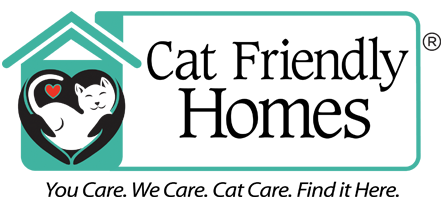What is Permethrin?
Permethrin belongs to a pyrethroid family of chemicals commonly used to control insects. It is used on food and feed crops, ornamental lawns, and livestock and pets. While permethrin is frequently used as an insecticide and is safe around many animals, it is highly toxic to cats.
One of the most commonly reported poisoning in cats is permethrin. These products are NOT safe to use on cats. Permethrin is found in:
- Some dog flea treatments
- Some dog shampoos
- Fly sprays
- Ant powder
Reasons for Caution
If you have a cat in your home, be extremely careful when applying any products containing permethrin. Take extra care when using these products on other household pets and within your cat’s environment.
Exposure to even small quantities of concentrated permethrin can cause severe and fatal poisoning in cats. Only use treatments that are licensed for cats. These do not contain a toxic level of permethrin for cats.
For households with dogs and cats, use spot-on products that do not contain permethrin to avoid accidental exposure, or keep your pets apart until the dog’s treatment has dried. The separation prevents mutual grooming or even the pets sleeping next to each other, which could result in poisoning if your cat became exposed.
Signs of Permethrin Poisoning
After exposure to the concentrated permethrin spot-on products, cats can start to show signs of poisoning. Signs of permethrin poisoning usually develop within a few hours. Sometimes you may not see signs of poisoning for up to 72 hours. The most obvious signs include:
- Muscle tremors
- Twitching
- Seizures
- Salivation
- Incoordination
- Fever
- Dilated pupils
It is critical that your cat is taken immediately to the veterinarian if you suspect they have been poisoned. If your cat shows any of these symptoms, urgent treatment is crucial.
From recorded cases, anywhere between 10% and 40% of poisoned cats may die or need to be euthanized because of the severity of the poisoning.
For more information, visit the AAFP-endorsed ISFM Protect Against Permethrin Poisoning Campaign.

